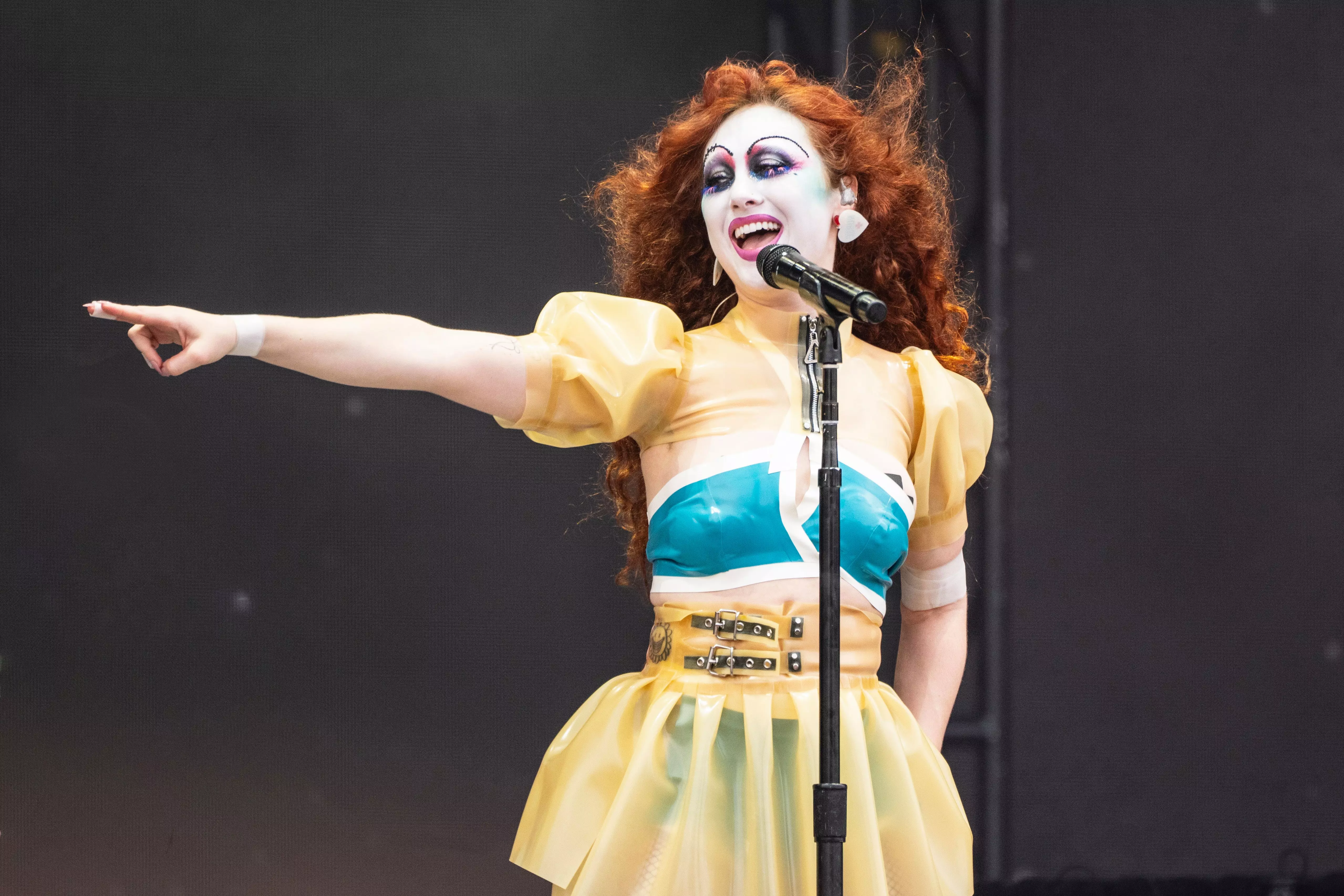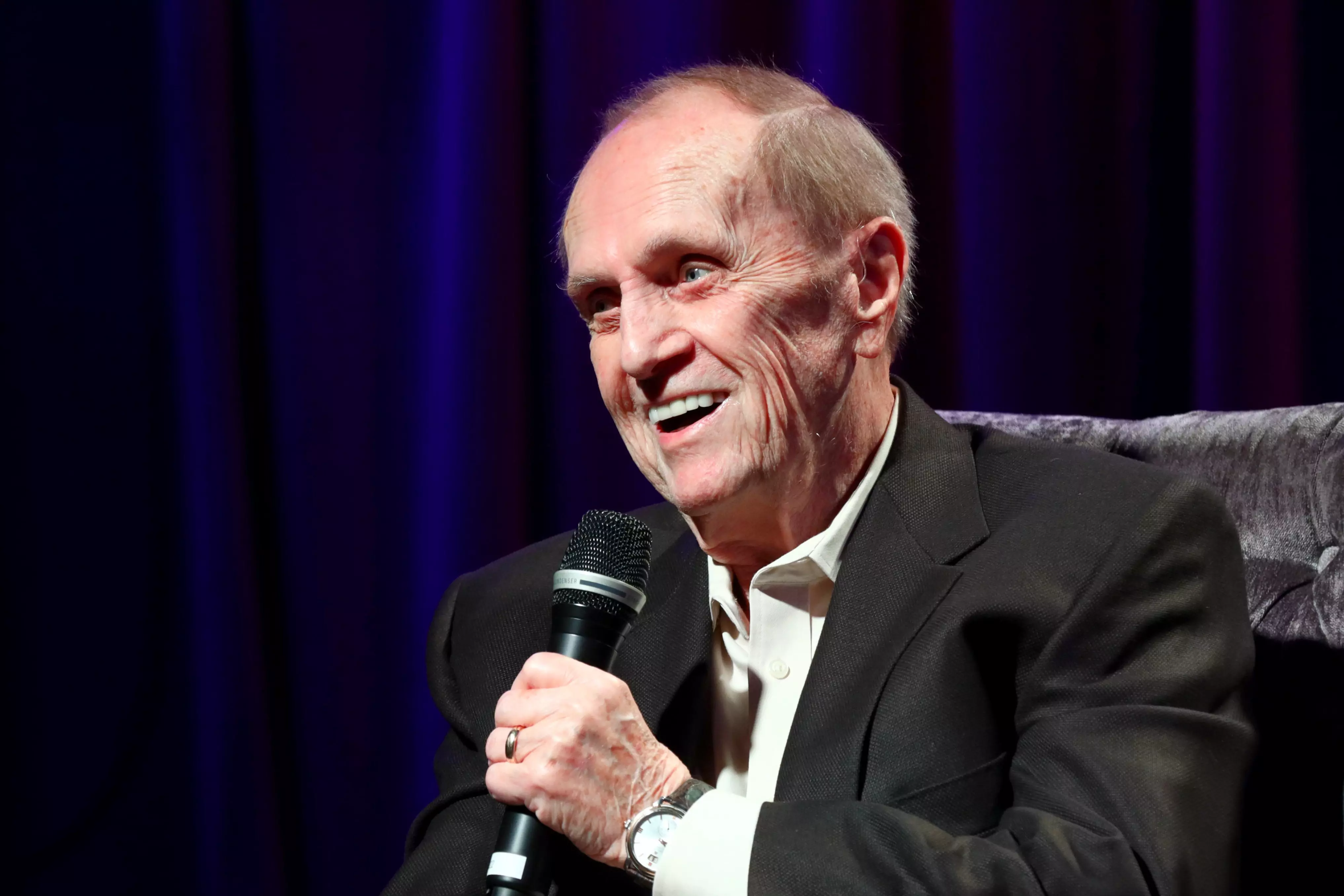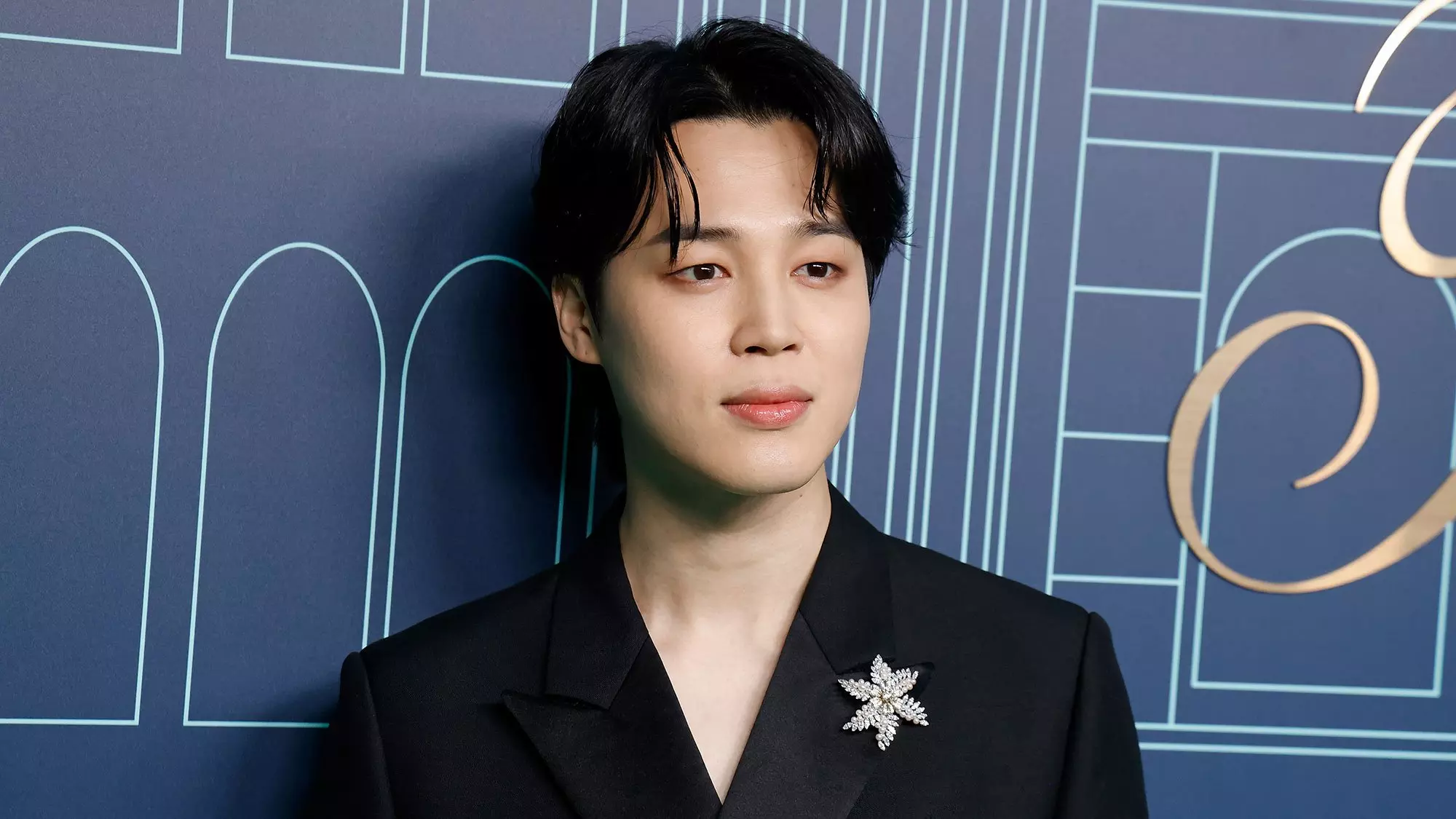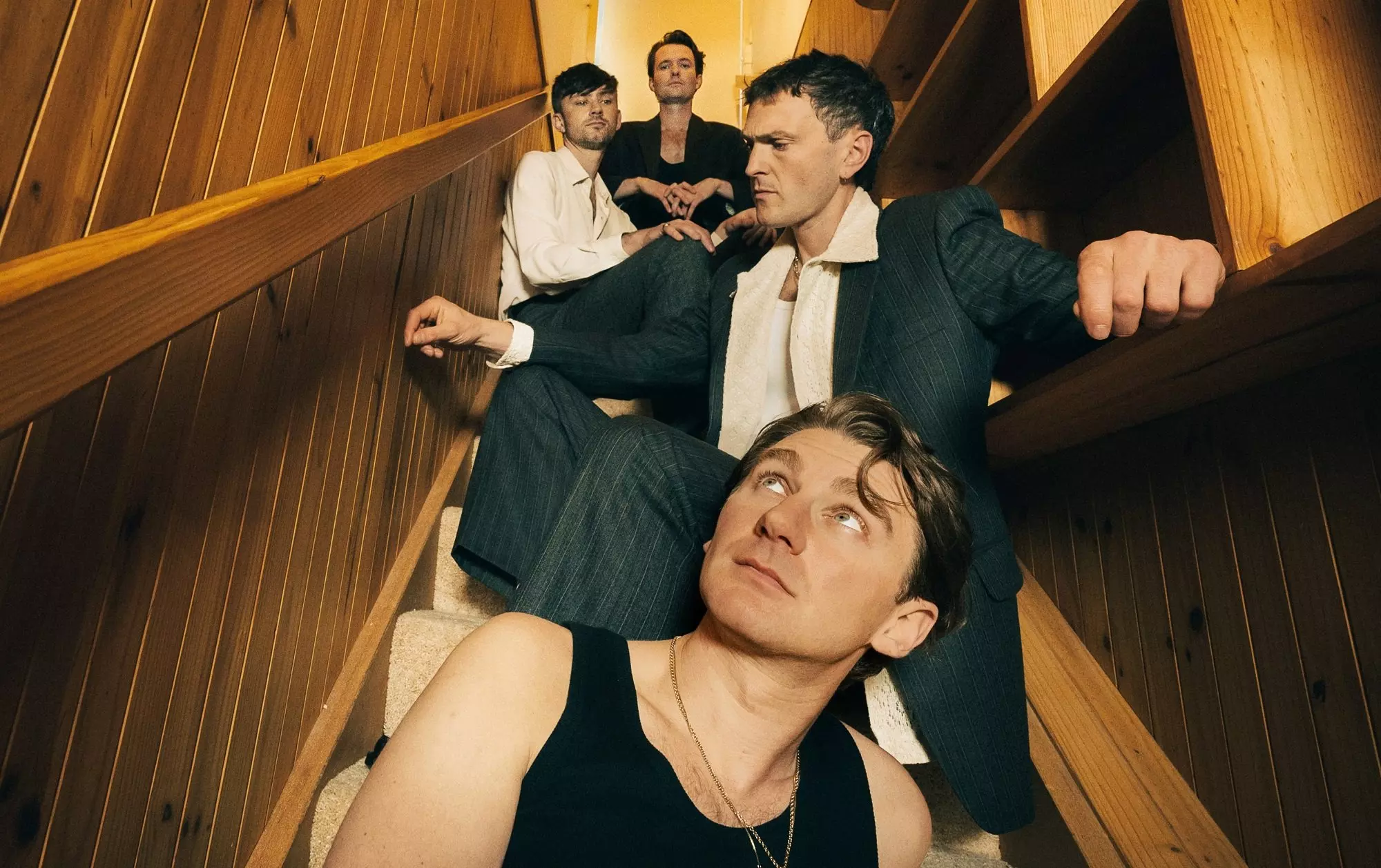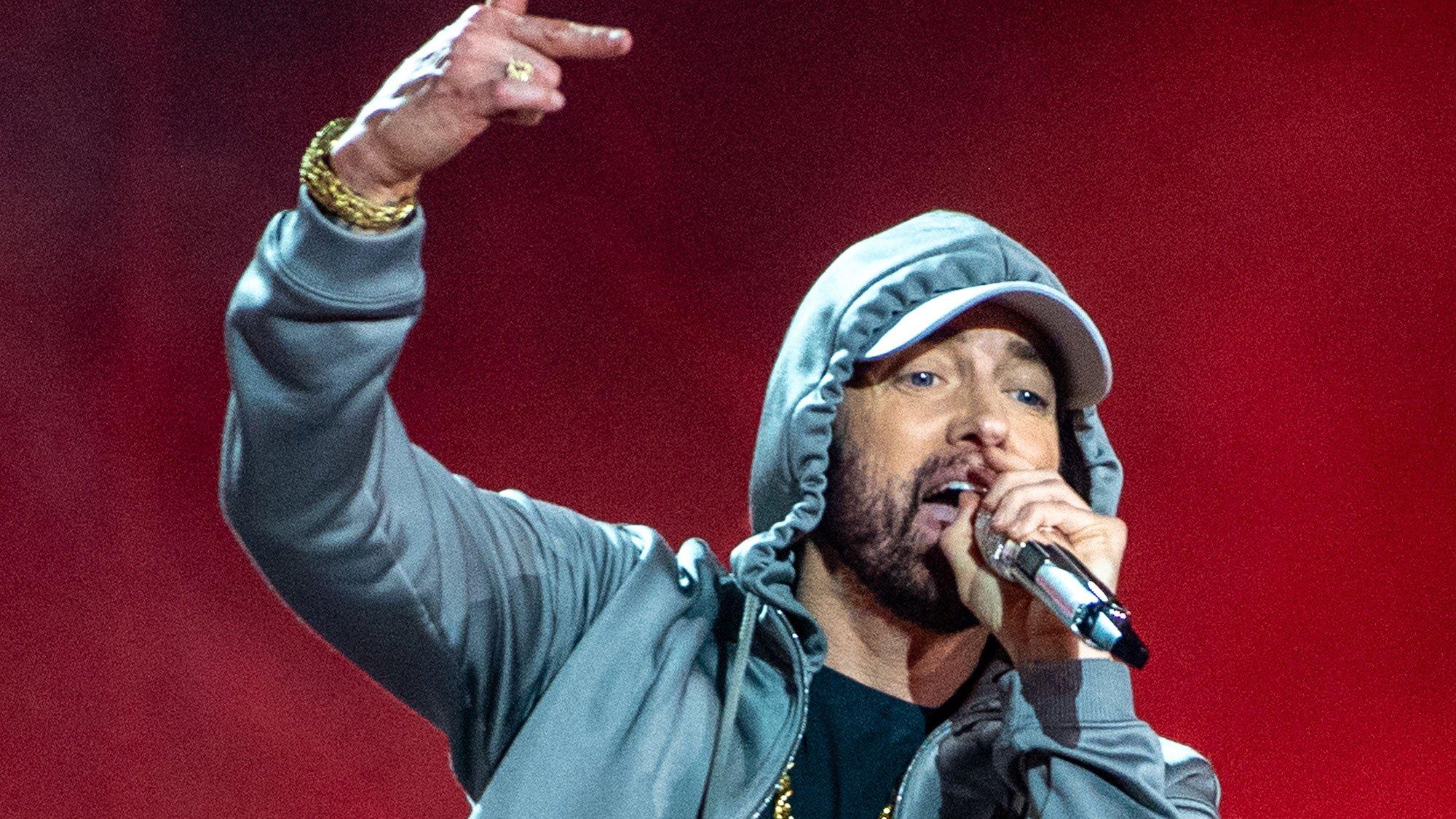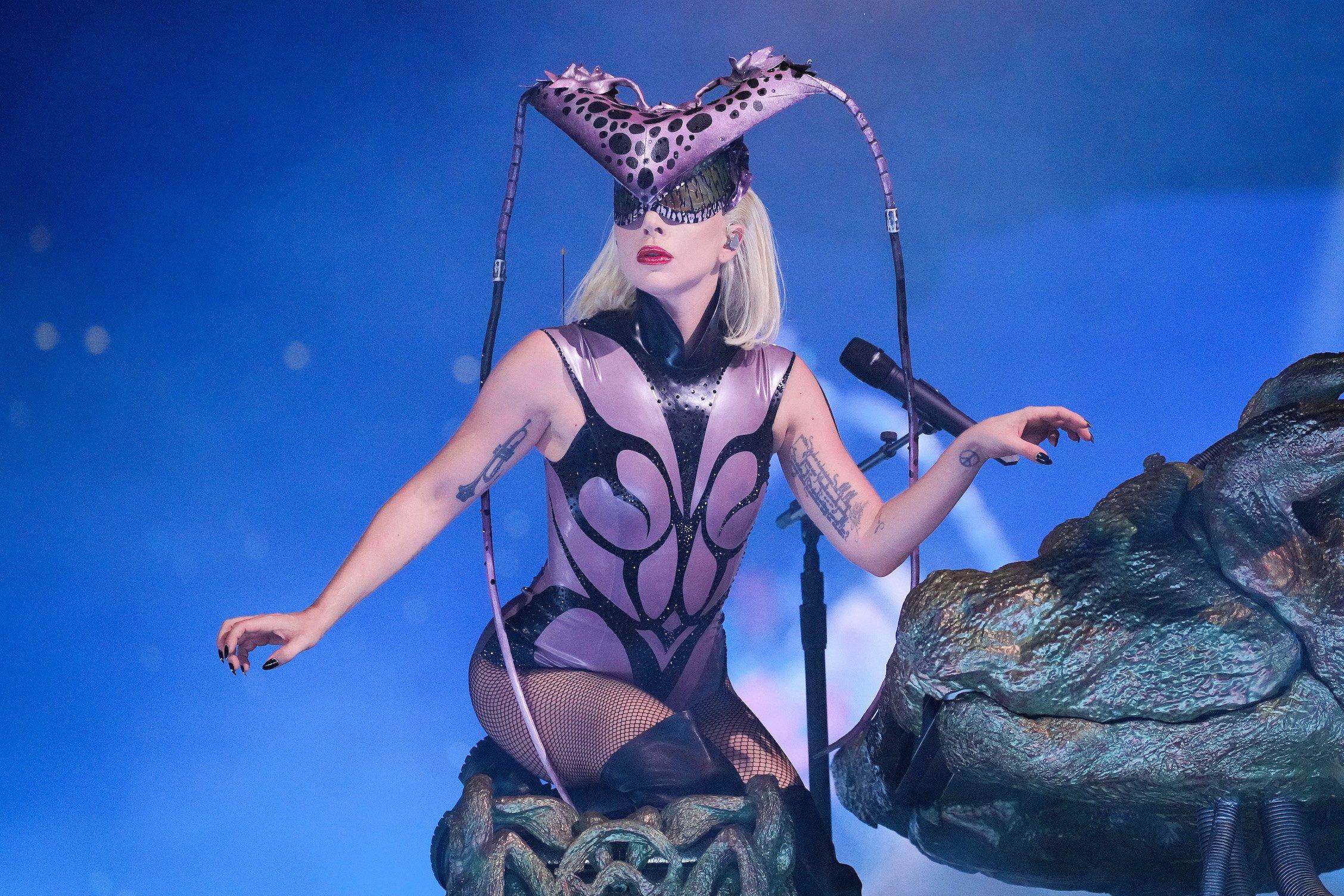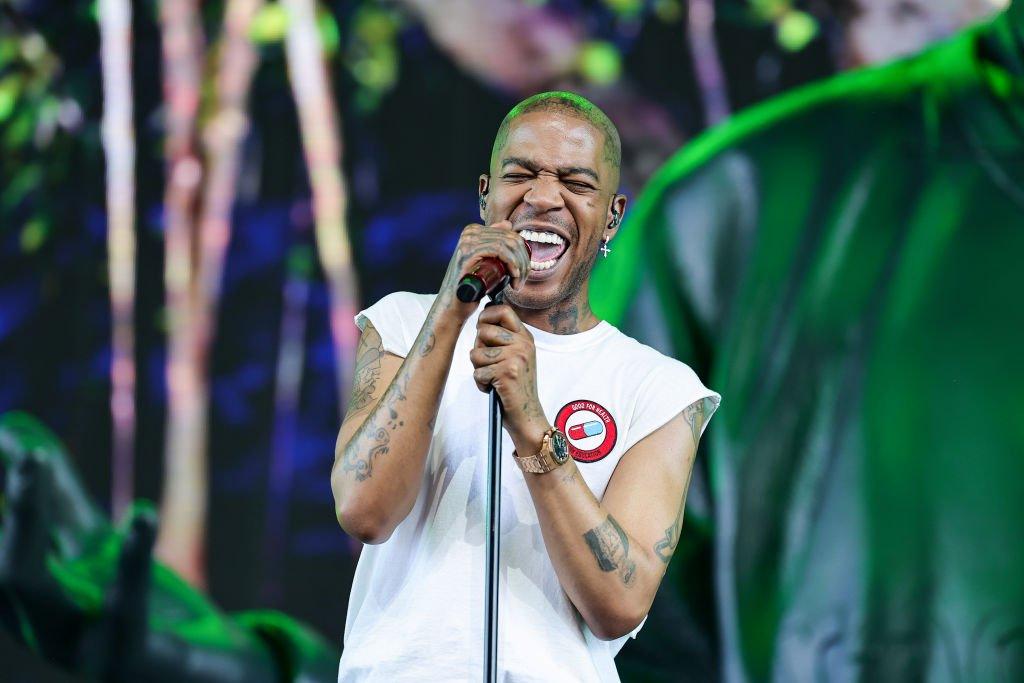Three months after OneRepublic began promoting their sixth album, Artificial Paradise, in February 2022, the band unexpectedly had their biggest release in nearly a decade. The pop-rock band's carefree jam, "I Ain't Worried," soundtracked Top Gun: Maverick's most memeable scene and quickly became a global smash — ultimately delaying album plans in favor of promoting their latest hit.
Two years later, "I Ain't Worried" is one of 16 tracks on Artificial Paradise, which arrived July 12. It's a seamless blend of songs that will resonate with longtime and newer fans alike. From the layered production of "Hurt," to the feel-good vibes of "Serotonin," to the evocative lyrics of "Last Holiday," Artificial Paradise shows that OneRepublic's sound is as dialed-in as it is ever-evolving.
The album also marks the end of an era for OneRepublic, as it's the last in their contract with Interscope Records. But for the group's singer, Ryan Tedder, that means the future is even more exciting than it's been in their entire 15-year career.
"I've never been more motivated to write the best material of my life than this very moment," he asserts. "I'm taking it as a challenge. We've had a lot of fun, and a lot of uplifting records for the last seven or eight years, but I also want to tap back into some deeper material with the band."
As he's been prepping Artificial Paradise with his OneRepublic cohorts, Tedder has also been as busy as he's ever been working with other artists. His career as a songwriter/producer took off almost simultaneously with OneRepublic's 2007 breakthrough, "Apologize" (his first major behind-the-board hit was Leona Lewis' "Bleeding Love"); to this day he's one of the go-to guys for pop's biggest names, from BLACKPINK to Tate McRae.
Tedder sat down with GRAMMY.com to share some of his most prominent memories of OneRepublic's biggest songs, as well as some of the hits he's written with Beyoncé, Adele, Taylor Swift and more.
OneRepublic — "Apologize," 'Dreaming Out Loud' (2007)
I was producing and writing other songs for different artists on Epic and Atlantic — I was just cutting my teeth as a songwriter in L.A. This is like 2004. I was at my lowest mentally and financially. I was completely broke. Creditors chasing me, literally dodging the taxman and getting my car repoed, everything.
I had that song in my back pocket for four years. A buddy of mine just reminded me last month, a songwriter from Nashville — Ashley Gorley, actually. We had a session last month, me, him and Amy Allen, and he brought it up. He was like, "Is it true, the story about 'Apologize'? You were completely broke living in L.A. and Epic Records offered you like 100 grand or something just for the right to record the song on one of their artists?"
And that is true. It was, like, 20 [grand], then 50, then 100. And I was salivating. I was, like, I need this money so bad. And I give so many songs to other people, but with that song, I drew a line in the sand and said, "No one will sing this song but me. I will die with this song."
It was my story, and I just didn't want anyone else to sing it. It was really that simple. It was a song about my past relationships, it was deeply personal. And it was also the song that — I spent two years trying to figure out what my sound was gonna be. I was a solo artist… and I wasn't landing on anything compelling. Then I landed on "Apologize" and a couple of other songs, and I was like, These songs make me think of a band, not solo artist material. So it was the song that led me to the sound of OneRepublic, and it also led me to the idea that I should start a band and not be a solo artist.
We do it every night. I'll never not do it. I've never gotten sick of it once. Every night that we do it, whether I'm in Houston or Hong Kong, I look out at the crowd and look at the band, and I'm like, Wow. This is the song that got us here.
Beyoncé — "Halo," 'I Am…Sacha Fierce' (2008)
We were halfway through promoting Dreaming Out Loud, our first album. I played basketball every day on tour, and I snapped my Achilles. The tour got canceled. The doctor told me not to even write. And I had this one sliver of an afternoon where my wife had to run an errand. And because I'm sadistic and crazy, I texted [songwriter] Evan Bogart, "I got a three-hour window, race over here. Beyoncé called me and asked me to write her a song. I want to do it with you." He had just come off his huge Rihanna No. 1, and we had an Ashley Tisdale single together.
When you write enough songs, not every day do the clouds part and God looks down on you and goes, "Here." But that's what happened on that day. I turn on the keyboard, the first sound that I play is the opening sound of the song. Sounds like angels singing. And we wrote the song pretty quick, as I recall.
I didn't get a response [from Beyoncé after sending "Halo" over], which I've now learned is very, very typical of her. I did Miley Cyrus and Beyoncé "II MOST WANTED" [from COWBOY CARTER] — I didn't know that was coming out 'til five days before it came out. And when I did "XO" [from 2013's Beyoncé], I found out that "XO" was coming out 12 hours before it came out. That's how she operates.
OneRepublic — "Good Life," 'Waking Up' (2009)
["Good Life"] was kind of a Hail Mary. We already knew that "All the Right Moves" would be the first single [from Waking Up]. We knew that "Secrets" was the second single. And in the 11th hour, our engineer at the time — who I ended up signing as a songwriter, Noel Zancanella — had this drum loop that he had made, and he played it for Brent [Kutzle] in our band. Brent said, "You gotta hear this drum loop that Noel made. It's incredible."
He played it for me the next morning, and I was like, "Yo throw some chords to this. I'm writing to this today." They threw some chords down, and the first thing out of my mouth was, [sings] "Oh, this has gotta be the good life."
It's the perfect example of, oftentimes, the chord I've tried to strike with this band with some of our bigger records, [which] is happy sad. Where you feel nostalgic and kind of melancholic, but at the same time, euphoric. That's what those chords and that melody did for me.
I was like, "Hey guys, would it be weird if I made the hook a whistle?" And everyone was like, "No! Do not whistle!" They're like, "Name the last hit song that had a whistle." And the only one I could think of was, like, Scorpion from like, 1988. [Laughs.] So I thought, To hell with it, man, it's been long enough, who cares? Let's try it. And the whistle kind of made the record. It became such a signature thing.
Adele — "Rumour Has It," '21' (2011)
"Rumour Has It" was the first song I did in probably a four year period, with any artist, that wasn't a ballad. All any artist ever wanted me to write with them or for them, was ballads, because of "Halo," and "Apologize" and "Bleeding Love."
I begged [Adele] to do a [song with] tempo, because we did "Turning Tables," another ballad. She was in a feisty mood [that day], so I was like, "Okay, we're doing a tempo today!"
Rick Rubin was originally producing the whole album. I was determined to produce Adele, not just write — because I wanted a shot to show her that I could, and to show myself. I stayed later after she left, and I remember thinking, What can I do in this record in this song that could be so difficult to reproduce that it might land me the gig?
So I intentionally muted the click track, changed the tempo, and [created that] whole piano bridge. I was making it up as I went. When she got in that morning. I said, "I have a crazy idea for a bridge. It's a movie." She listens and she says, "This is really different, I like this! How do we write to this?"
I mean, it was very difficult. [But] we finished the song. She recorded the entire song that day. She recorded the whole song in one take. I've never seen anyone do that in my life — before or since.
Then I didn't hear from her for six months. Because I handed over the files, and Rick Rubin's doing it, so I don't need to check on it. I randomly check on the status of the song — and at this point, if you're a songwriter or producer, you're assuming that they're not keeping the songs. Her manager emails my manager, "Hey, good news — she's keeping both songs they did, and she wants Ryan to finish 'Rumour Has It' production and mix it."
When I finally asked her, months later — probably at the GRAMMYs — I said, "Why didn't [Rick] do it?" She said, "Oh he did. It's that damn bridge! Nobody could figure out what the hell you were doing…It was so problematic that we just gave up on it."
OneRepublic — "Counting Stars," 'Native' (2013)
I was in a Beyoncé camp in the Hamptons writing for the self-titled album. [There were] a bunch of people in the house — me, Greg Kurstin, Sia — it was a fun group of people. I had four days there, and every morning I'd get up an hour and a half before I had to leave, make a coffee, and start prepping for the day. On the third day, I got up, I'm in the basement of this house at like 7 in the morning, and I'm coming up with ideas. I stumble across that chord progression, the guitar and the melody. It was instant shivers up my spine.
"Lately I've been losing sleep, dreaming about the things that we could be" is the only line that I had. [My] first thought was, I should play this for Beyoncé, and then I'm listening to it and going, This is not Beyoncé, not even remotely. It'd be a waste. So I tabled it, and I texted the guys in my band, "Hey, I think I have a potentially really big record. I'm going to finish it when I get back to Denver."
I got back the next week, started recording it, did four or five versions of the chorus, bouncing all the versions off my wife, and then eventually landed it. And when I played it for the band, they were like, "This is our favorite song."
Taylor Swift — "Welcome to New York," '1989' (2014)
It was my second session with Taylor. The first one was [1989's] "I Know Places," and she sent me a voice memo. I was looking for a house in Venice [California], because we were spending so much time in L.A. So that whole memory is attached to me migrating back to Los Angeles.
But I knew what she was talking about, because I lived in New York, and I remember the feeling — endless possibilities, all the different people and races and sexes and loves. That was her New York chapter. She was so excited to be there. If you never lived there, and especially if you get there and you've got a little money in the pocket, it is so exhilarating.
It was me just kind of witnessing her brilliant, fast-paced, lyrical wizardry. [Co-producer] Max [Martin] and I had a conversation nine months later at the GRAMMYs, when we had literally just won for 1989. He kind of laughed, he pointed to all the other producers on the album, and he's like, "If she had, like, three more hours in the day, she would just figure out what we do and she would do it. And she wouldn't need any of us."
And I still think that's true. Some people are just forces of nature in and among themselves, and she's one of them. She just blew me away. She's the most talented top liner I've ever been in a room with, bar none. If you're talking lyric and melody, I've never been in a room with anyone faster, more adept, knows more what they want to say, focused, efficient, and just talented.
Jonas Brothers — "Sucker," 'Happiness Begins' (2019)
I had gone through a pretty dry spell mentally, emotionally. I had just burned it at both ends and tapped out, call it end of 2016. So, really, all of 2017 for me was a blur and a wash. I did a bunch of sessions in the first three months of the year, and then I just couldn't get a song out. I kept having, song after song, artists telling me it's the first single, [then] the song was not even on the album. I had never experienced that in my career.
I went six to nine months without finishing a song, which for me is unheard of. Andrew Watt kind of roped me back into working with him. We did "Easier" for 5 Seconds of Summer, and we did some Sam Smith and some Miley Cyrus, and right in that same window, I did this song "Sucker." Two [or] three months later, Wendy Goldstein from Republic [Records] heard the record, I had sent it to her. She'd said, very quietly, "We're relaunching the Jonas Brothers. They want you to be involved in a major way. Do you have anything?"
She calls me, she goes, "Ryan, do not play this for anybody else. This is their comeback single. It's a No. 1 record. Watch what we're gonna do." And she delivered.
OneRepublic — "I Ain't Worried," 'Top Gun: Maverick' Soundtrack (2022)
My memory is, being in lockdown in COVID, and just being like, Who knows when this is going to end, working out of my Airstream at my house. I had done a lot of songs for movies over the years, and [for] that particular [song] Randy Spendlove, who runs [music at] Paramount, called me.
I end up Zooming with Tom Cruise [and Top Gun: Maverick director] Jerry Bruckheimer — everybody's in lockdown during post-production. The overarching memory was, Holy cow, I'm doing the scene, I'm doing the song for Top Gun. I can't believe this is happening. But the only way I knew how to approach it, rather than to, like, overreact and s— the bed, was, It's just another day.
I do prescription songs for movies, TV, film all the time. I love a brief. It's so antithetical to most writers. I'm either uncontrollably lazy or the most productive person you've ever met. And the dividing line between the two is, if I'm chasing some directive, some motivation, some endpoint, then I can be wildly productive.
I just thought, I'm going to do the absolute best thing I can do for this scene and serve the film. OneRepublic being the performing artist was not on the menu in my mind. I just told them, "I think you need a cool indie band sounding, like, breakbeat." I used adjectives to describe what I heard when I saw the scene, and Tom got really ramped and excited.
You could argue [it's the biggest song] since the band started. The thing about it is, it's kind of become one of those every summer [hits]. And when it blew up, that's what Tom said. He said, "Mark my words, dude. You're gonna have a hit with this every summer for, like, the next 20 years or more."
And that's what happened. The moment Memorial Day happened, "I Ain't Worried" got defrosted and marched itself back into the top 100.
Tate McRae — "Greedy," 'THINK LATER' (2023)
We had "10:35" [with Tiësto] the previous year that had been, like, a No. 1 in the UK and across Europe and Australia. So we were coming off the back of that, and the one thing she was clear about was, "That is not the direction of what I want to do."
If my memory serves me correct, "greedy" was the next to last session we had. Everything we had done up to that point was kind of dark, midtempo, emotional. So "greedy" was the weirdo outlier. I kept pushing her to do a dance record. I was like, "Tate, there's a lot of people that have great voices, and there's a lot of people who can write, but none of those people are professional dancers like you are. Your secret weapon is the thing you're not using. In this game and this career, you've got to use every asset that you have and exploit it."
There was a lot of cajoling. On that day, we did it, and I thought it was badass, and loved it. And she was like, "Ugh, what do we just do? What is this?"
So then it was just, like, months, months and months of me constantly bringing that song back up, and playing it for her, and annoying the s— out of her. And she came around on it.
She has very specific taste. So much of the music with Tate, it really is her steering. I'll do what I think is like a finished version of a song, and then she will push everyone for weeks, if not months, to extract every ounce of everything out of them, to push the song harder, further, edgier — 19 versions of a song, until finally she goes, "Okay, this is the one." She's a perfectionist.
OneRepublic — "Last Holiday," 'Artificial Paradise' (2024)
I love [our latest single] "Hurt," but my favorite song on the album is called "Last Holiday." I probably started the beginning of that lyric, I'm not joking, seven, eight years ago. But I didn't finish it 'til this past year.
The verses are little maxims and words of advice that I've been given throughout the years. It's almost cynical in a way, the song. When I wrote the chorus, I was definitely in kind of a down place. So the opening line is, "So I don't believe in the stars anymore/ They never gave me what I wished for." And it's, obviously, a very not-so-slight reference to "Counting Stars." But it's also hopeful — "We've got some problems, okay, but this isn't our last holiday."
It's very simple sentiments. Press pause. Take some moments. Find God before it all ends. All these things with this big, soaring chorus. Musically and emotionally and sonically, that song — and "Hurt," for sure — but "Last Holiday" is extremely us-sounding.
The biggest enemy that we've had over the course of 18 years, I'll be the first to volunteer, is, this ever-evolving, undulating sound. No one's gonna accuse me of making these super complex concept albums, because that's just not how my brain's wired. I grew up listening to the radio. I didn't grow up hanging out in the Bowery in CBGBs listening to Nick Cave. So for us, the downside to that, and for me doing all these songs for all these other people, is the constant push and pull of "What is their sound? What genre is it?"
I couldn't put a pin in exactly what the sound is, but what I would say is, if you look at the last 18 years, a song like "Last Holiday" really encompasses, sonically, what this band is about. It's very moving, and emotional, and dynamic. It takes me to a place — that's the best way for me to put it. And hopefully the listener finds the same.
Latest News & Exclusive Videos


